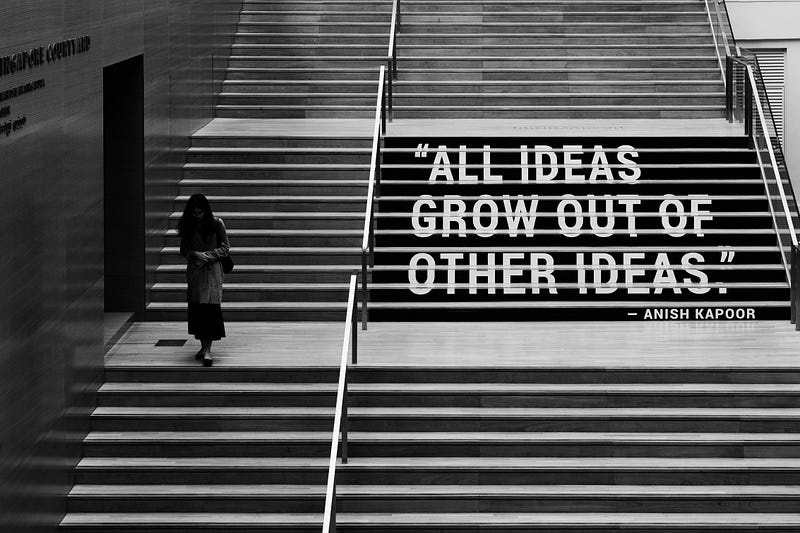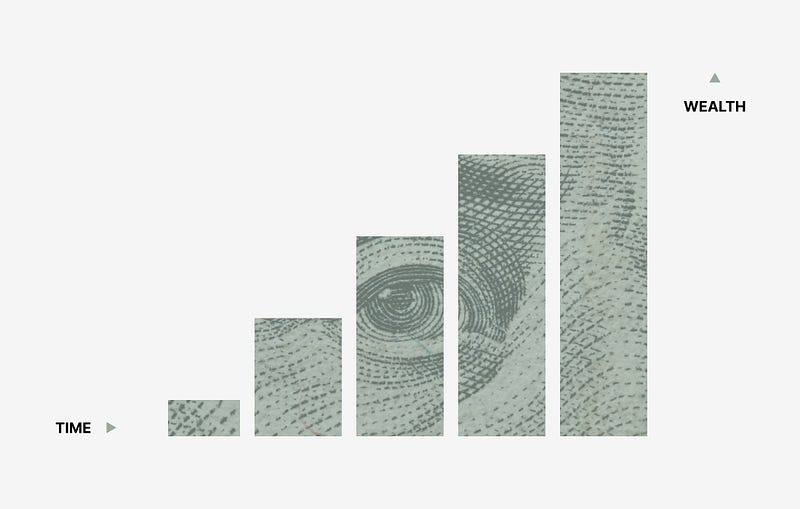A Discussion of Bourgeois Equality Chapter 61 “And Therefore Bourgeois Rhetoric Was Better for the Poor”
As Dr. McCloskey is wrapping up Part IX of her book addressing how both history and economics have been misunderstood, she is arguing against the notion that the worker are living under a “false consciousness” to think that the system of trade tested betterment is a good system for them to participate in and improve their situations.
McCloskey critiques ideas of several “leftish sociologists.”
…if you as a poor person do not understand society — by not understanding, for example, the Marxian axiom that employment is inherently exploitative — then you will accept deals that are not fair…You will not understand the left’s sweetly erroneous claim that you are paid $8.50 an hour rather than $15.00 an hour because trade in labor is inherently exploitative, and the bosses are stealing the difference as surplus value, which you can seize back if you will but organize. (p. 575)
McCloskey does not subscribe to the Marxist view; she extols the virtue of the Bourgeois Deal and the trade tested system of betterment inherent in it.
But suppose the Bourgeois Deal is sound. Then the falsity in consciousness is attributable not to the misled proletarians lacking sociological imagination but rather to the leftish sociologists themselves, lacking economic imagination…Workers of the world unite; demand trade-tested progress under a regime of private property and profit making. (p. 576)
The paternalism of the Marxist sociologists always rubs me the wrong way, assuming the low wage workers are unable to see that the system is rigged against them. Whereas I tend to agree with McCloskey that the system is their best hope.
It would then seem at least odd to call “false” a consciousness that has raised the income of poor workers in real terms by a factor of 30 or 100, as from 1800 to the present it has. That is why it is scientifically crucial to grasp the size of the Great Enrichment, and why I keep repeating it. If you grasp the scientific truth, and inscribe it on your heart, your attitude toward the economy and history will shift. (p. 576)
At first glance, it can seem a terrible injustice that there are people in our society that are grossly rich and grossly poor. Wouldn’t it be best to tax the rich and redistribute it to the poor?
McCloskey notes this is a typical observation by many of a bourgeois teenager when they first begin to pay attention to politics. (p. 577) They know life primarily through the families they have grown up in and such families function with socialism. Mom and/or Dad make the money and distribute it where it is needed to the family members.
This leads to the thought, wouldn’t it be great if we could run our economy like a family?
No, says McCloskey who notes the complexity of our “great society” is nothing like a family. (p. 578) What works for the family does not translate well to the larger economy.
Differences in wages are not due to exploitation of greedy bosses hoarding our surplus values. These differences are actually signals showing what the people in society value and these signals direct our resources.
If medical doctors make ten times more than cleaners, the rest of society, which pays voluntarily for the doctors and cleaners is saying loudly, If some of the cleaners can become doctors, for Lord’s sake shift them into doctoring! (p. 578)
If we change society to the family model, we take the money from the doctors and give it to the cleaners, impairing the signal that society wants more doctors.
People wander between cleaning and doctoring without such signals about the value people put on the next hour of the services. Neither doctoring nor cleaning gets done well if we run the society on the family plan of “from each according to her ability, to each according to her need.” We become the unspecialized society of a household and lose the massive gain from specialization…(p. 578)
So then those earning low wages are simply condemned to their fate? Not exactly. While there will always be people at the bottom of the income distribution, would you rather be the poorest in a rich country or a poor country? Why?
What the Great Enrichment has allowed is a growth of the total pie. If instead we redistribute the pie, that keeps the system from functioning and continuing to grow the pie. One percent of a large, growing pie is much better than one percent of a small, stagnant pie.
The 900 to 9,900 percent increase in the pie, a roughly constant share of it going to the poor, dwarfs the benefits to the poor of any redistribution of a given pie. Redistribution though it assuages bourgeois guilt, has not been the chief advantage to the poor. Economic growth has. (p. 579)
It is fine, of course, to help the poor personally and I would argue any of us who can do so should. That is different from saying the government needs to take from one group and give to another.
The first kind of giving is our moral duty that will be on a more local level, possibly person to person.
The second allows us to escape our moral obligations by putting it onto the government. And as explained above, that kind of government interference destroys the market signals that allow the Great Enrichment to continue to grow the pie, the real source of help for the poor.
It is not just the Marxists or the Left in general that has been hostile to the Great Enrichment. Conservatives on the Right also condemned the Great Enrichment of the Bourgeois Deal because of its destruction of the order of society.
Society before the Great Enrichment was organized by hierarchy. You were born into your class in society and were expected to stay in it.
When goods are scarce they need to be allocated somehow, and hierarchy is usually a nasty way of doing it. The loyalty to one’s master that characterizes feudal or clan or client societies was to be set aside. (p. 574)
In contrast, the trade tested system of betterment creates signals to allocate our resources to their best uses. And those who have the best ideas and work hard can rise out of their class. Wealth from such a system comes from filling the needs of others.
With the acceptance of the Bourgeois Deal, hierarchy’s role in allocating our resources declined as the trade tested system of betterment rose.
Understanding the source of our economic growth is key and is one of McCloskey’s underlying themes.
But unless the masses in a democracy accept betterment they can be led by populists or Bolsheviks or fascists to rise up and kill the goose. That’s another con job, with worse consequences. Killing the golden goose has never been good for the poor. (p. 575)
Implementation of Marxist ideas always kill the golden goose, stopping the economic growth that has been the one thing that substantially raised the standard of living of us all, including the poor.
This sets the stage for Part X of her book, the last section that is addressing how easily our progress can be lost because if it was a change in rhetoric that allowed the Bourgeois Deal to flourish, then another change in rhetoric could lead to our undoing.
Reference: McCloskey, Deirdre Nansen, 2016. “And Therefore Bourgeois Rhetoric Was Better for the Poor,” Chapter 61 of Bourgeois Equality, The University of Chicago Press.




